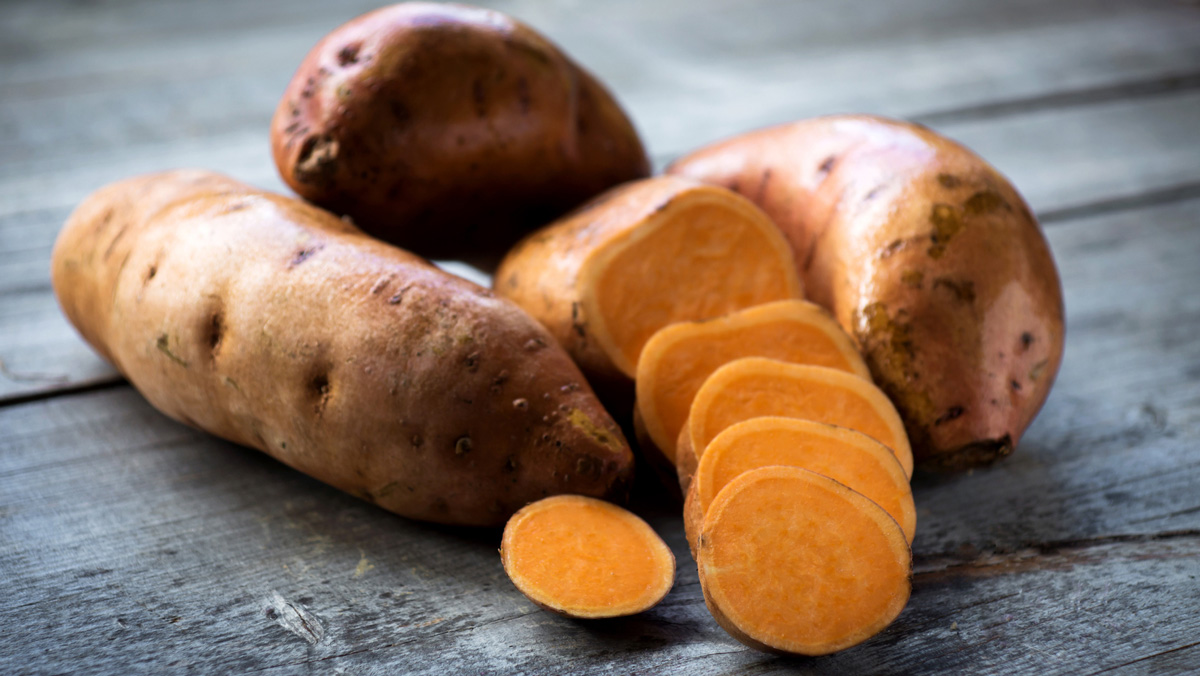Building a Better World With Food Science
FIRST News
 Donna Rosa and the panelists for the FIRST panel discussion “Food for Good—Making a Difference in Developing Countries” have a common mission and shared commitment that closely aligns with the “Zero Hunger” theme of the IFT virtual event. They believe in the potential of food science to improve the quality of life in developing countries, and their work as part of the Food Science for Relief and Development (FSRD) program helps to accomplish that goal.
Donna Rosa and the panelists for the FIRST panel discussion “Food for Good—Making a Difference in Developing Countries” have a common mission and shared commitment that closely aligns with the “Zero Hunger” theme of the IFT virtual event. They believe in the potential of food science to improve the quality of life in developing countries, and their work as part of the Food Science for Relief and Development (FSRD) program helps to accomplish that goal.
Food science has myriad roles to play in advancing food security in the developing world, including food preservation, food safety, improved nutrition, and reduced food waste, Rosa said in the session on Monday. But the challenges are great—and often involve issues that are taken for granted in the developed world.
“As you can imagine [with] FSRD, there are some challenges in implementation,” said Rosa. “The first is the lack of [electricity] or unstable electricity. … It’s hard to run a food system with the power on and off. So you need backup systems, and you need ways to deal with it.”
“Packaging is also a really important issue that gets overlooked a lot,” Rosa continued. “At least in Africa, packaging is not very easy to get and usually has to be imported. And that makes it expensive and that makes it beyond the reach of many. And it's often not good quality, and these companies don't often have the right packaging to protect the product.
“Distribution is another problem,” said Rosa. “There's infrastructure problems, there's poor roads, transportation is expensive. A lot of times it's difficult to get distribution beyond a certain radius or even getting raw materials in for those reasons. That's another issue: raw material quality and availability.”
Delivering food science solutions that align with local taste preferences is another priority. “The approach needs to be human-centered,” said Rosa. “The food … has to be culturally appropriate and innovative. Obviously, if it’s not appropriate, they aren’t going to eat it.”
Introducing orange sweet potatoes, which are rich in beta-carotene, to the African market provides a good example of the importance of aligning with local preferences, shared panelist Tawanda Muzhingi, a food scientist and international development expert. In Africa, he said, people prefer white sweet potatoes, which are starchier and more filling.
To introduce nutritious orange sweet potatoes into the local diet, Muzhingi, working with the International Potato Center, started experimenting with using sweet potato puree to replace some wheat flour in bread. He found that it was well received. Not only was the puree nutritious, but it added sweetness and color and reduced the amount of water needed to bake bread—another plus given that clean water can be scarce and expensive to access in Africa.
Panelist and food scientist Lisa Zychowski, a team leader for FSRD, and Mike Marshak, business technical manager at General Mills’ Medallion Labs, also shared some of their experiences in working to promote food security.
Marshak volunteers with the Partners in Food Solutions (PFS) program, which pairs corporate volunteers from General Mills and other companies with entrepreneurs in 12 African countries.
As a PFS volunteer, Marshak provided support to Premium Foods, a grain processing company in Ghana that was seeking technical help in establishing a lab needed to expedite analytical testing.
“Partners in Food Solutions has been of great help to us,” said panelist Gladys M. T. Sampson, general manager of Premium Foods. “Having the volunteers onboard, like Mike said, supported us tremendously to have the right kind of information, and also identify the right kind of equipment that we need as a startup to set up our lab.”
Finally, Zychowski shared some of the work she’s done as lead of the FSRD Liaison Team, which works with food organizations outside the United States. In Kenya, for example, she said the team is working with a food science and technology group that’s seeking a grant to support a food safety program for those in Kenyan fruit and vegetable markets. In Nigeria, they’re working with a co-manufacturer that’s looking to improve its lab operations. And in South Africa, they’re teaming up to create a webinar to educate government officials about food science.
Those interested in volunteering with FSRD are invited to contact Rosa at [email protected].
Registration for FIRST provides access to the on-demand library of sessions through Dec. 31, 2021.
Food Technology Articles

Production Capacity Expands for Food to Fight Malnutrition
Production capacity for ready-to-use therapeutic food Plumpy’Nut at Edesia expands thanks to a Bezos family donation.

USDA Introduces Summer Benefits for Children Pear Preferences and Cultivated Meat Research
Innovations, research, and insights in food science, product development, and consumer trends.

Getting a (Drying) Bead on Crop Preservation
Drying Beads offer an effective solution to drying crops in moist environments and can be a valuable resource in developing countries.

Putting a Tropical Spin on Almond Milk
Elie Fink founded Talmond in Ghana to produce plant-based milk from tropical almonds.

Bridge Builder
Donna Rosa’s expertise spans nutrition, food science, and business administration to help microentrepreneurs unleash the potential of their work and feed their communities.
Recent Brain Food

A New Day at the FDA
IFT weighs in on the agency’s future in the wake of the Reagan-Udall Report and FDA Commissioner Califf’s response.
Members Say IFT Offers Everything You Need to Prepare for an Uncertain Future
Learn how IFT boosts connections, efficiencies, and inspiration for its members.

More on the FDA's Food Traceability Final Rule
In a new white paper, our experts examine the FDA’s Food Traceability Final Rule implications—and its novel concepts first proposed by IFT.
Job Satisfaction in the Science of Food is High but Hindered by Pain Points
IFT’s 2022 Compensation and Career Path Report breaks it down.


